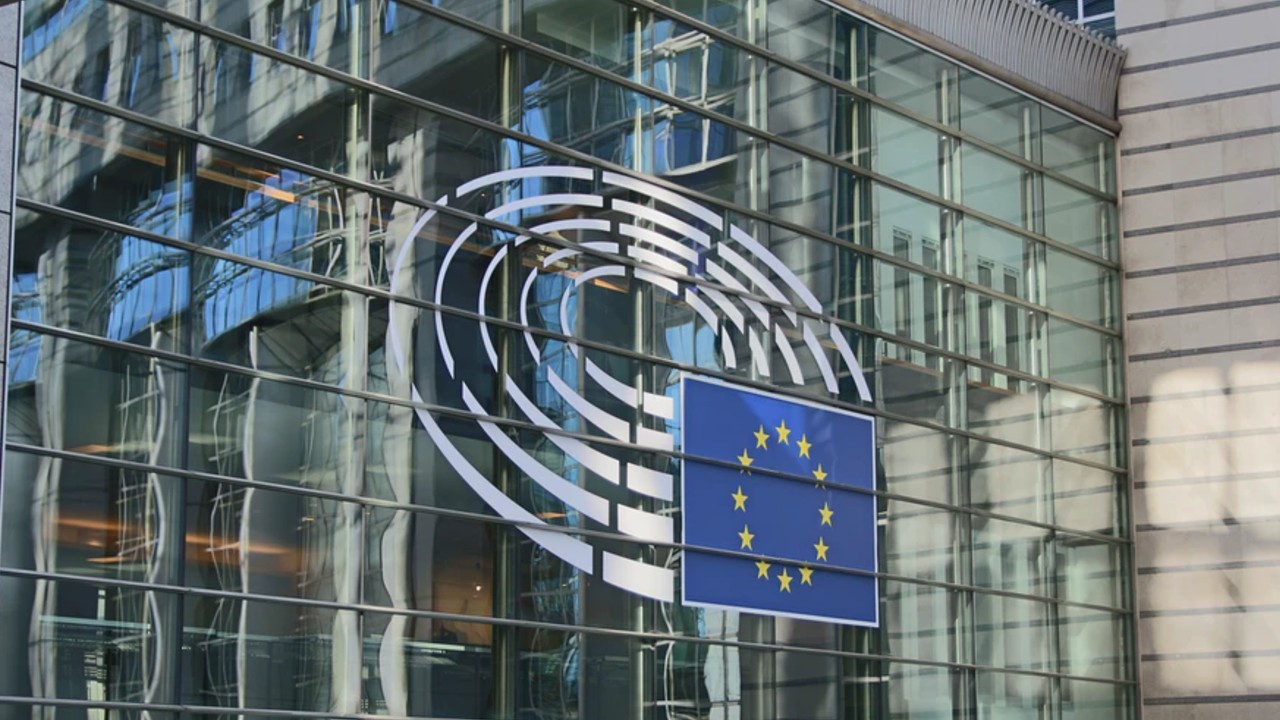The EU Launches its Own DNS Resolver, Challenging Giants Like Google and Cloudflare
DNS4EU: Europe's Answer to US Tech Dominance
The European Commission's decision to launch its own DNS resolver—dubbed DNS4EU—signals a strategic move to reclaim digital sovereignty and enhance cybersecurity across EU member states. By offering an EU-based DNS service, Europe aims to reduce reliance on external tech giants and ensure that internet traffic within its territory adheres to robust privacy standards.
Features of DNS4EU
While DNS4EU is pitched as a voluntary service, it boasts a suite of features designed to appeal to privacy-conscious users:
- Enhanced Privacy Compliance: Ensures user data protection in line with the EU's General Data Protection Regulation (GDPR).
- Advanced Cyber Resilience: Built-in mechanisms to detect and block maliciously-minded domains, safeguarding users from cyber threats.
- Localized Data Handling: By managing internet traffic within the EU, DNS4EU aims to prevent data siphoning by foreign espionage.
Potential Risks and Expert Opinions
Despite its promises, DNS4EU faces scrutiny from cybersecurity experts. Concerns have been raised about potential misuse of the system by state actors and the challenges of maintaining an impartial and transparent digital infrastructure.
“DNS4EU represents a significant step forward in Europe's quest for digital independence, but ensuring its transparency and avoiding state overreach are crucial,” said a well-known European cybersecurity expert.
Comparing DNS4EU with Google and Cloudflare
In the landscape of DNS resolvers, Google and Cloudflare are well-entrenched. The challenge for DNS4EU will be to offer competitive caching speeds and reliability while maintaining a strict privacy-centric approach. Users also need to weigh the benefit of localized data governance against the well-oiled global network presence of US-based services.

What DNS4EU Means for Internet Users
For everyday users, DNS4EU promises peace of mind in terms of data privacy and protection against domain-based threats. Check out this guide on internet security for further insights into navigating the digital world safely and securely.
Expanding Digital Sovereignty
This strategic move by the EU also aligns with a broader vision to gain autonomy over its digital infrastructure, encouraging innovation within its borders while ensuring compliance with stringent privacy regulations. The ultimate goal is to provide a secure, efficient, and sovereign digital environment for its citizens.
The implications of having a European DNS resolver extend beyond privacy and cybersecurity. It could mark a shift in how digital governance is approached worldwide, showcasing a model where regions seek to manage their own digital pathways in a more controlled and secure manner. This model might inspire other regions to follow suit, fostering a digital landscape where local governance takes precedence in ensuring user privacy and safety.
